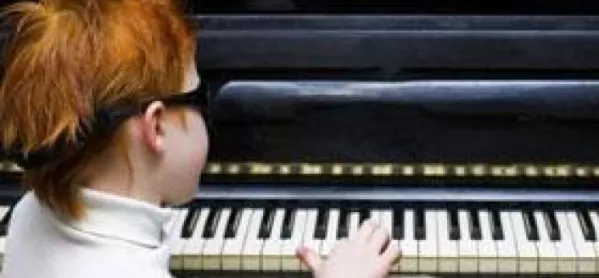Almost nine in 10 state-funded schools are working with the government’s music hubs, according to a new research released today.
The report, Key Data on Music Education Hubs 2017, was prepared by Martin Fautley and Adam Whittaker of Birmingham City University.
It says:
- 89 per cent of schools benefited from the support of the music hubs - up from 84 per cent in 2013-14;
- 711,241 pupils received whole-class ensemble teaching through the hubs, up from 596,820 in 2013-14;
- 182,602 pupils continue to learn an instrument after having had whole-class ensemble teaching, compared with 166,529 in 2013-14;
- choirs are the single biggest type of music-making activity, making up 32 per cent of all ensembles.
The news comes after research from the University of Sussex found that the proportion of schools that insist on pupils learning music in Year 9 in line with the national curriculum has almost halved in just six years.
Music opportunities
The hubs, which are partnerships formed of schools, local authorities, arts organisations and voluntary organisations working together to create joined-up music education provision, were first introduced in 2012.
School standards minister Nick Gibb said: “Learning a musical instrument opens all kinds of opportunities for children to express themselves, whether it’s being part of a band or orchestra or just playing for pleasure at home.
“I believe all children, regardless of their backgrounds, should have the same opportunities and that’s why it’s so good to see that our music hubs are reaching so many, with more than 700,000 pupils learning to play instruments together in class last year.
Hannah Fouracre, director of music education for the Arts Council of England, said: “Whether it’s the boost in confidence that comes from having a creative outlet, the team-working skills developed by being part of an ensemble, or the ways that taking part in arts activities improves performance across a child’s education, the benefits of music education are enormous.”





